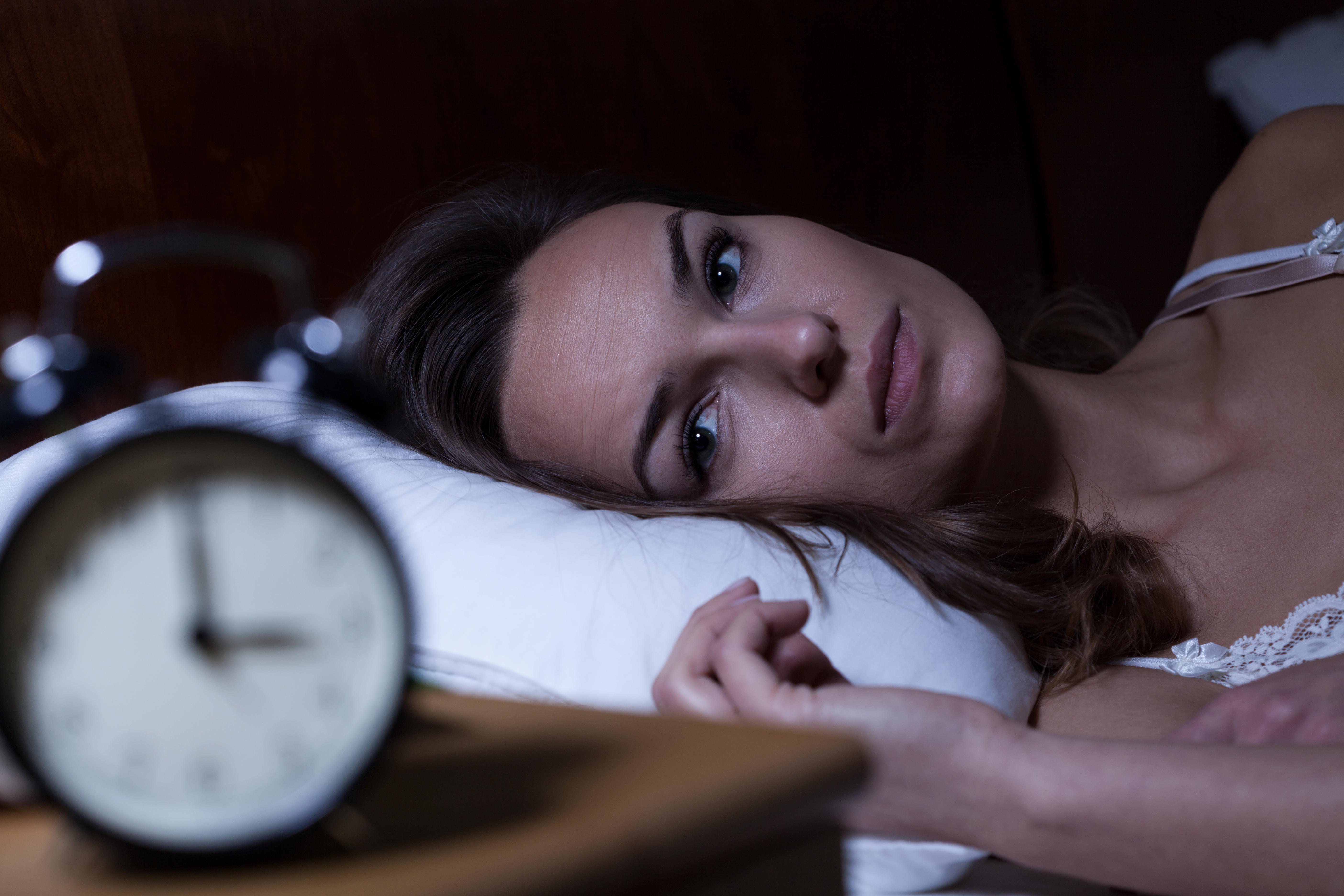DIAGNOSIS
If you think you have insomnia, talk to your health care provider. An evaluation may include a physical exam, a medical history, and a sleep history. You may be asked to keep a sleep diary for a week or two, keeping track of your sleep patterns and how you feel during the day.
A sleep history focuses on:
- Duration of sleep
- Time of sleep
- Time to fall asleep
- Number and duration of awakenings
- Time of final awakening in the morning
- Time and length of any daytime naps
Your health care provider may want to interview your bed partner about the quantity and quality of your sleep. In some cases, you may be referred to a sleep center for special tests.
Polysomnography is a sleep test that detects condition such as sleep apnea. This test is conducted at the sleep center, as the patient sleeps, he or she will be monitored for heart rate, brain waves, respirations, movements, oxygen levels, and other parameter while they are sleeping.
Actigraphy detects the person’s movements during sleep and wakefulness. This test is useful for primary insomnia disorder, circadian rhythm disorder, or sleep state misconception.
RECOMMENDED MEDICATIONS
Acute insomnia may not require treatment. Mild insomnia often can be prevented or cured by practicing good sleep habits (see below). If your insomnia makes it hard for you to function during the day because you are sleepy and tired, your health care provider may prescribe sleeping pills for a limited time. The main focus of treatment for insomnia should be directed towards finding the cause.
If insomnia continues, your health care provider may suggest behavioral therapy. Behavioral approaches help you to change behaviors that may worsen insomnia and to learn new behaviors to promote sleep. Techniques such as relaxation exercises, sleep restriction therapy, and reconditioning may be useful.
Good Sleep Habits for Beating Insomnia
Good sleep habits, also called sleep hygiene, can help you get a good night’s sleep and beat insomnia. Here are some tips:
- Try to go to sleep at the same time each night and get up at the same time each morning. Try not to take naps during the day, because naps may make you less sleepy at night.
- Avoid caffeine, nicotine, and alcohol late in the day. Caffeine and nicotine are stimulants and can keep you from falling asleep. Alcohol can cause waking in the night and interferes with sleep quality.
- Get regular exercise. Try not to exercise close to bedtime, because it may stimulate you and make it hard to fall asleep. Experts suggest not exercising for at least three to four hours before the time you go to sleep.
- Don’t eat a heavy meal late in the day. A light snack before bedtime, however, may help you sleep.
- Make your bedroom comfortable. Be sure that it is dark, quiet, and not too warm or too cold. If light is a problem, try a sleeping mask. If noise is a problem, try earplugs, a fan, or a “white noise” machine to cover up the sounds.
- Follow a routine to help you relax before sleep. Read a book, listen to music, or take a bath.
- Avoid using your bed for anything other than sleep or sex.
- If you can’t fall asleep and don’t feel drowsy, get up and read or do something that is not overly stimulating until you feel sleepy.
- If you find yourself lying awake worrying about things, try making a to-do list before you go to bed. This may help you to not focus on those worries overnight.
Insomnia medications:
Prescription sleep aids
- Benzodiazepines
- Ramelteon
- Antidepressants
Over-the-counter sleep aids
- Antihistamines
- Melatonin


